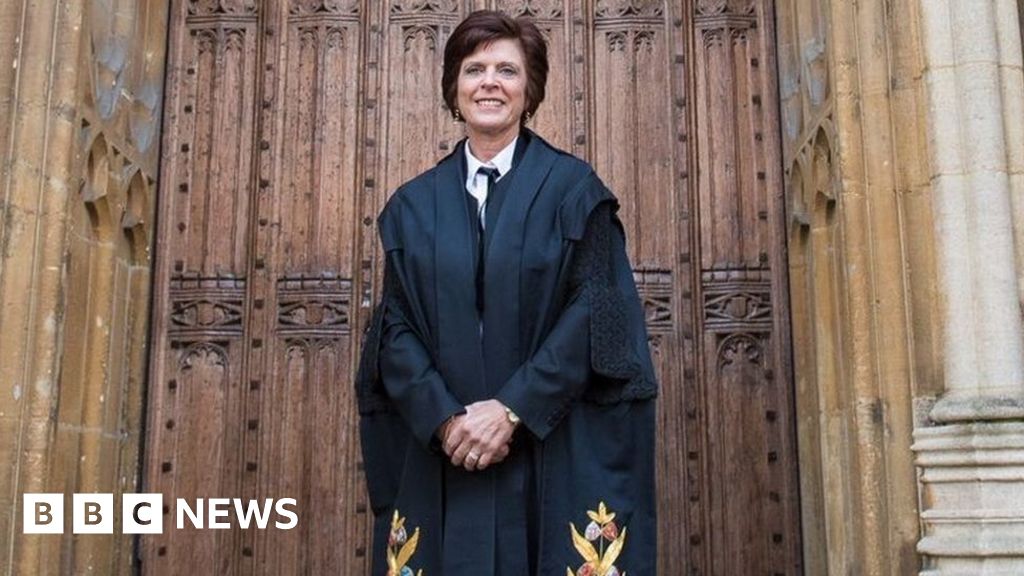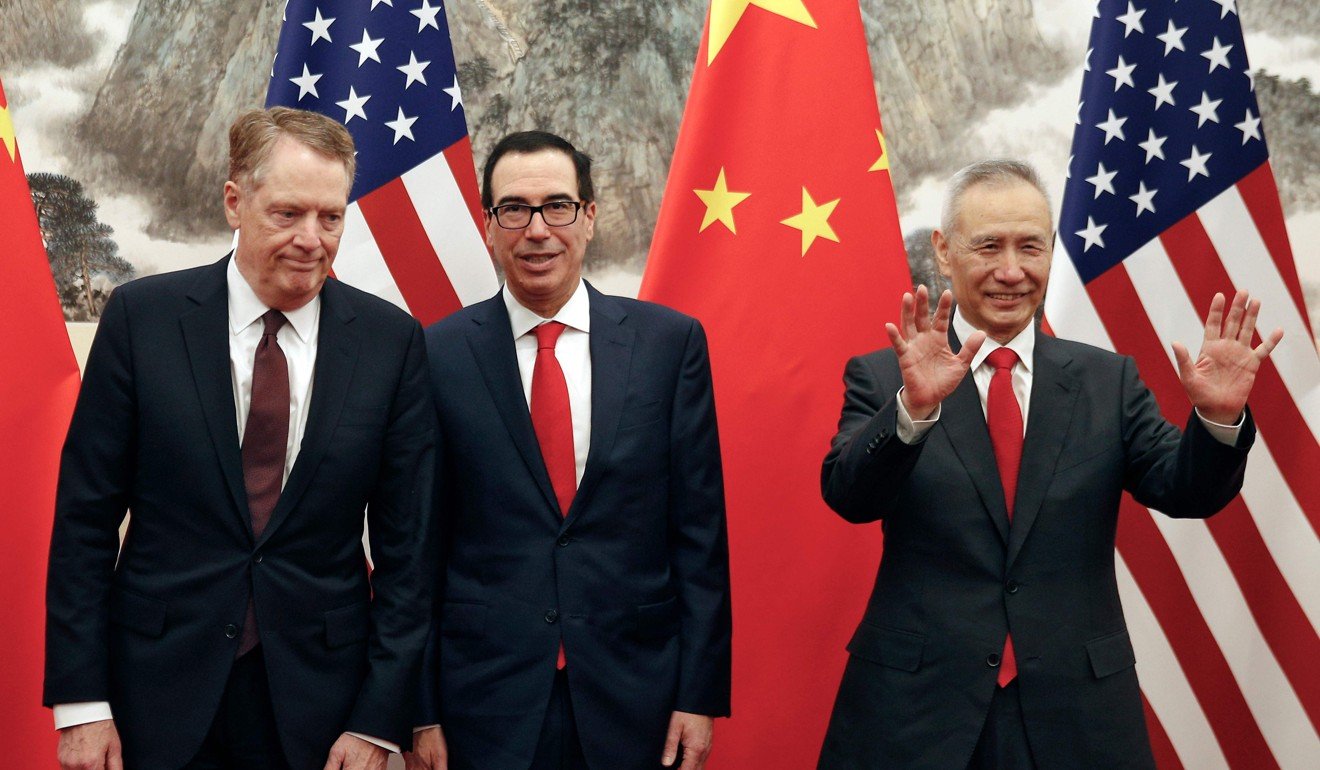Let’s be blunt: the UK Chancellor, Rachel Reeves, has just thrown a wrench into the escalating narrative of decoupling from China. In a recent interview with the Daily Telegraph, Reeves unequivocally stated that Britain must forge a deeper partnership with the world’s second-largest economy, rather than erecting further barriers. Frankly, it’s about time someone in a position of power said the quiet part out loud.

This isn’t just a polite disagreement with Washington; it’s a direct rebuke of the US’s increasingly aggressive attempts to isolate China. Reeves’s response to questions about engagement was particularly cutting: “China is the world’s second largest economy. I think it would be foolish not to engage.” Her pointed remark also underscored a clear divergence in approach from the current UK government. It’s a powerful statement, and one that will undoubtedly reverberate through Westminster and beyond.
But why does this matter? Let’s unpack this a little.
Firstly, the sheer economic weight of China is impossible to ignore. Trying to sideline a nation that drives so much global growth is, to put it mildly, economically illiterate.
Secondly, strategic autonomy is key. The UK needs to pursue its own national interests, not simply align itself with another country’s agenda. Blindly following the US could damage its own economic prospects.
Thirdly, dialogue, even with rivals, is crucial. Cutting off communication doesn’t solve problems; it exacerbates them. Engaging with China, even on difficult issues, is the only way to find common ground.
This isn’t about ignoring China’s human rights record or its geopolitical ambitions. It’s about recognizing reality and acting accordingly. Reeves’s stance signals a potential shift towards a more pragmatic, and frankly, sensible approach to UK-China relations.





